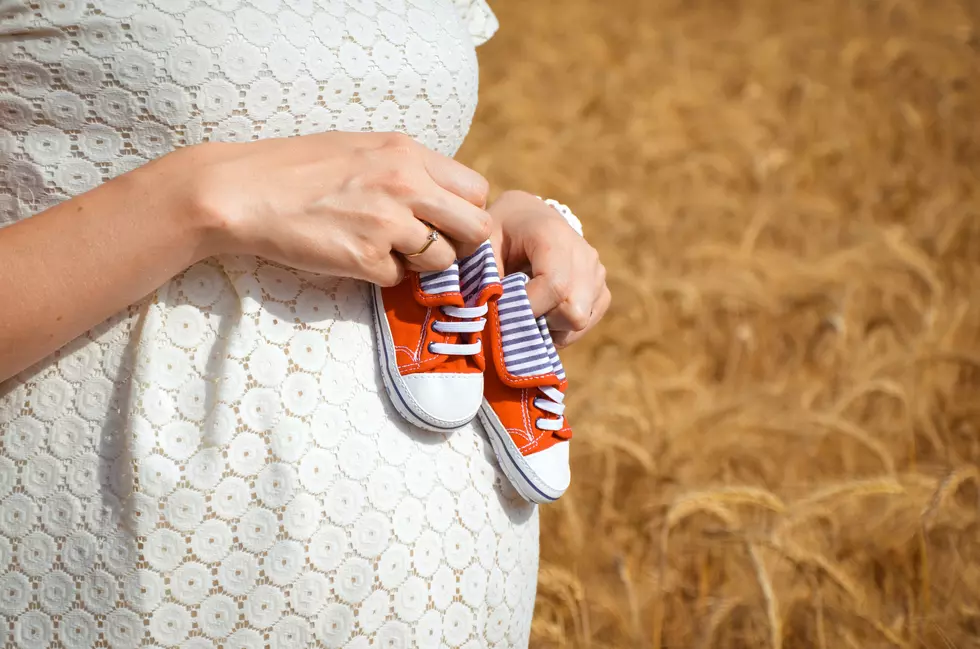
Monkeypox is Officially in Texas: Summer Travel Impacts
In case you haven't been paying attention to the news, Monkeypox is a rare virus that began spreading across the globe to non-endemic countries in the Spring of this year. As of Tuesday, it has now made its way to the Lone Star State. A resident of Dallas County tested positive for the virus following an international trip to Mexico. This makes Texas the 15th state to confirm positive cases of the virus.
Monkeypox Is Becoming a Bigger Concern
Now you may be thinking "it is just one case, so why do it matter?", but if you know a little more about the virus, it should be cause for concern. First and foremost, the Monkeypox virus is directly related to the smallpox virus, a disease that was eradicated in 1979. While the older generations are likely safe thanks to the smallpox vaccines that they received decades ago, younger portions of the population have not been administered this protection.
Secondly, this virus is spread through contact with bodily fluids. Therefore, just like the cold or flu, if someone coughs, sneezes, or wipes their nose and then touches a surface, they have potentially given this illness to another person. Even just close face-to-face contact through talking can cause spread. Did we mention that this person traveled by plane on their trip? If he was exhibiting symptoms during his travel, he could have come in contact with hundreds, if not thousands of people.
Signs & Symptoms of Monkeypox
Monkeypox is not pretty. It begins with flu-like symptoms. These include fever, body aches, chills, and swollen lymph nodes. This is followed by the formation of a very painful rash. It begins as red patches on the skin and then transitions into vesicles (fluid-filled blisters) and the pustules (pus-filled sacs).
It takes approximately two weeks to a month for a person to progress through the various stages of the rash and finally heal. They are considered contagious throughout the process. Unfortunately, just like all other viruses, once you test positive, you can only address the symptoms. There are no antibiotics to cure the illness faster. Therefore, the only thing to do is wait it out in isolation.
How Monkeypox Impacts Summer Travel
With over two-thirds of the population becoming vaccinated for COVID-19, we have seen masks slowly start to become a thing of the past. However, with Monkeypox on the rise, it is best to bring them back into style if you intend to travel this Summer. This can help to lower your risk of contact.
Moreover, it is imperative that folks be vigilant about hand washing and sanitizing surfaces. Thus, if you are planning to fly, pack the Clorox wipes and clean off your seat and tray table before use. Unfortunately, individuals with weakened immune systems, children under the age of eight, and both pregnant and breastfeeding mothers are more susceptible. Therefore, these members of the population need to be extra cautious.
Additionally, the Centers for Disease Control and Prevention (CDC) raised their travel notice to a Level 2 Alert as of this week. What that means is that they recommend that folks practice enhanced precautions, like wearing a mask and avoiding travel to highly impacted areas, if possible. Currently, the United Kingdom, Spain, Portugal, and Canada are reporting the highest number of cases.
Most importantly, if you even suspect that you are sick, cancel your travel plans to avoid the potential spread of the illness. If COVID has taught us anything, it is that we need to hold ourselves accountable and not just think about ourselves.
While the risk is relatively low at this time, this virus is not something that you want to catch. The CDC notes that as many as 11% of Monkeypox cases are fatal and since there is no real treatment, it is best to be proactive to avoid getting sick. Updates on states impacted by Monkeypox can be found on the CDC's Situation Summary page.
Top 10 Travel Tips To Toddler-Proof Your Air Travel
Top Nine Reasons Kids End Up in The ER in the Summer Months
12 Common Household Items That Need to Be Replaced Regularly
More From 1025 KISS FM









